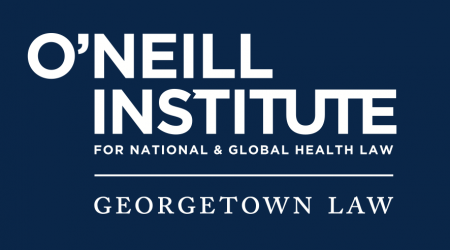About
The COVID-19 pandemic has exacerbated the preexisting overdose epidemic in the United States. While increased access to telehealth and medications has been helpful, overdose deaths rose by 27% in 2020 and by another 15% in 2021. This project seeks to identify concrete policy reforms that can increase access to evidence-based treatment and support services in a shifting health landscape.
Our Work
The United States is in the midst of two declared public health emergencies: the COVID-19 pandemic and an overdose epidemic. Now more than ever, addiction policy sits at the intersection of public health, criminal justice, and human rights. The COVID-19 pandemic has greatly affected the health services landscape across the country: The federal government waived regulations related to medications and telehealth, there has been a shift in the availability of harm reduction and recovery support services, and new promising practices have emerged for treatment. This project works with legislators and public health experts to understand the current state of access to treatment and harm reduction while simultaneously creating resources on how policymakers and practitioners can balance two great public health emergencies.
Featured Work

The Hill
Nation’s Opioid Addiction Treatment System During COVID-19 Needs Reform
Read the op-ed
Opinion & Analysis
Drug Courts and COVID-19
Read the analysisOur Team
The Latest
In The News
July 24, 2020
In The News
May 12, 2020
Opinion & Analysis
March 20, 2020
Featured Videos

Hill Briefing on COVID-19 and Addiction: Local Communities Respond

Virtual Roundtable: Addiction Policy and Practice in the Time of COVID-19


